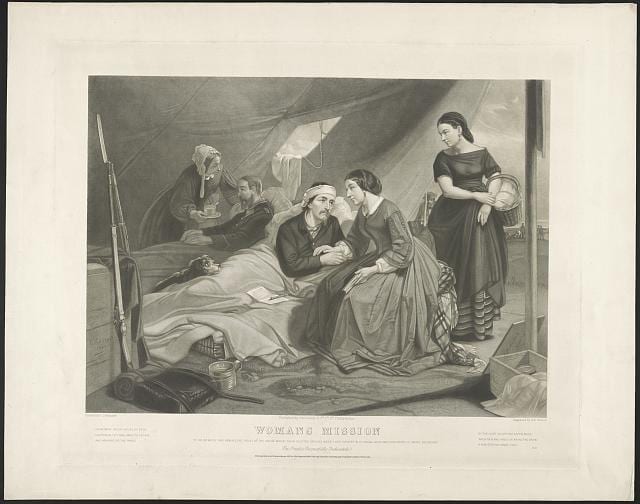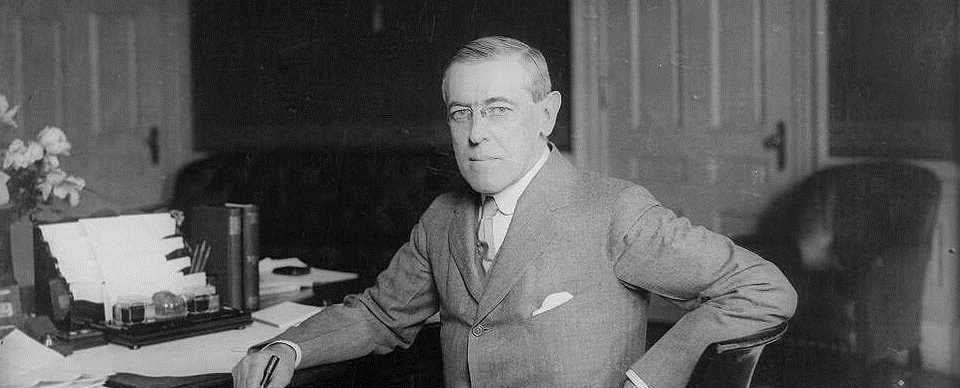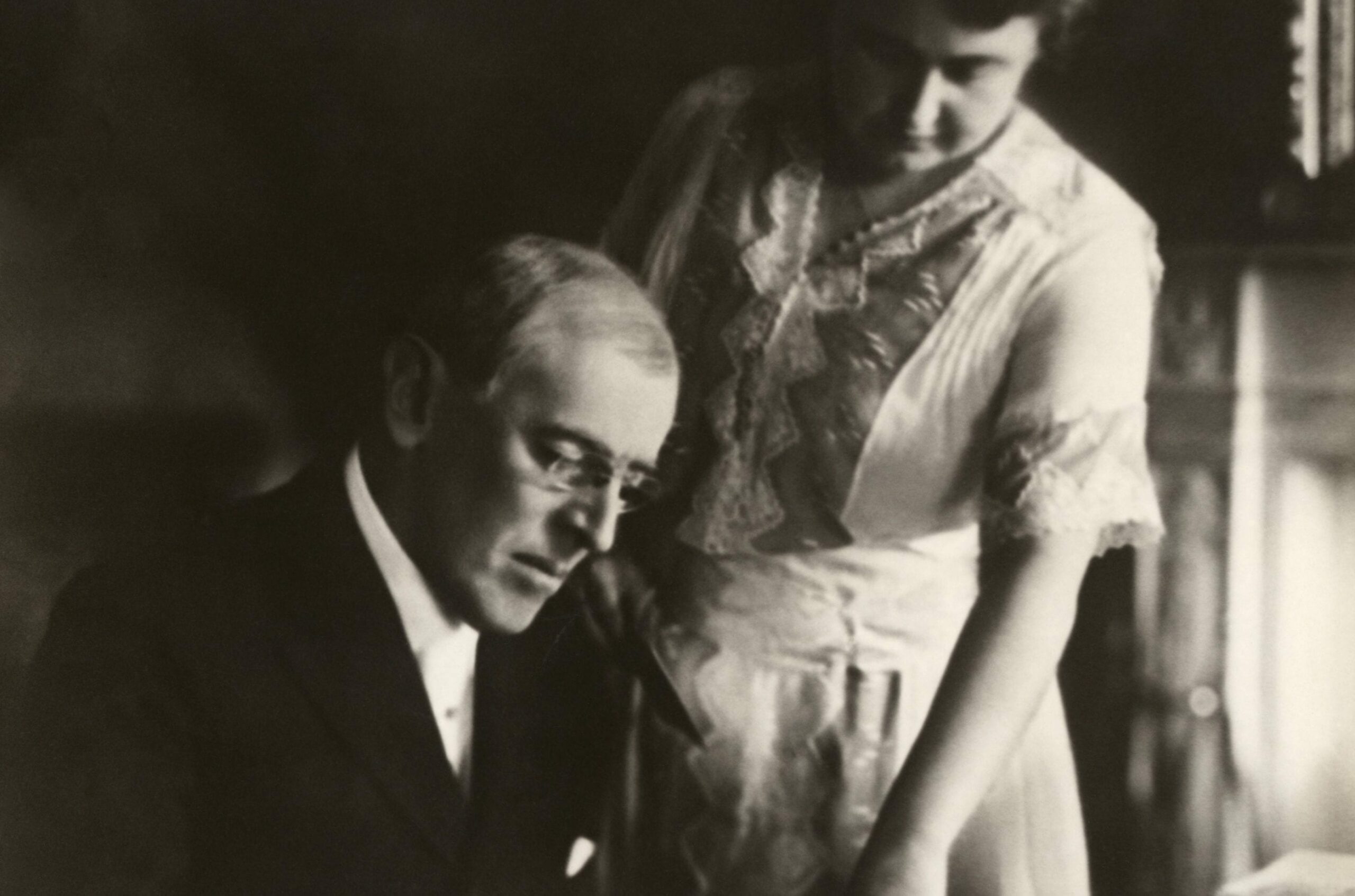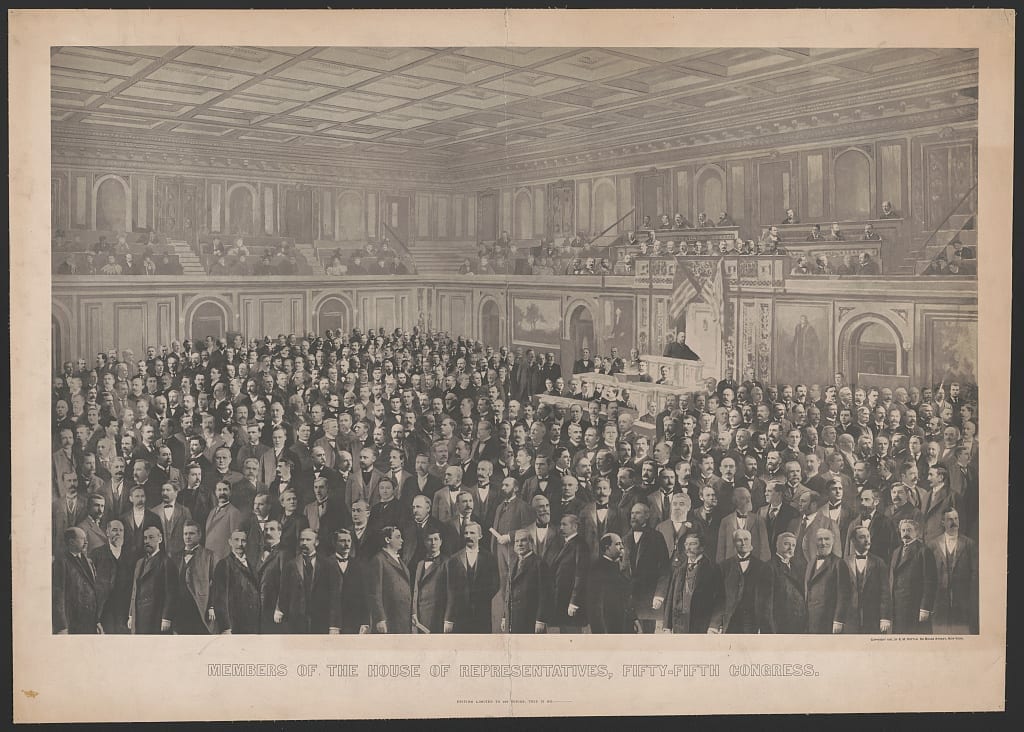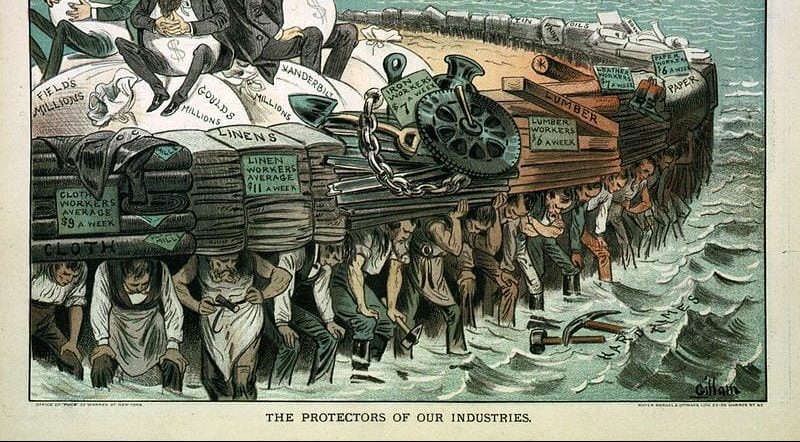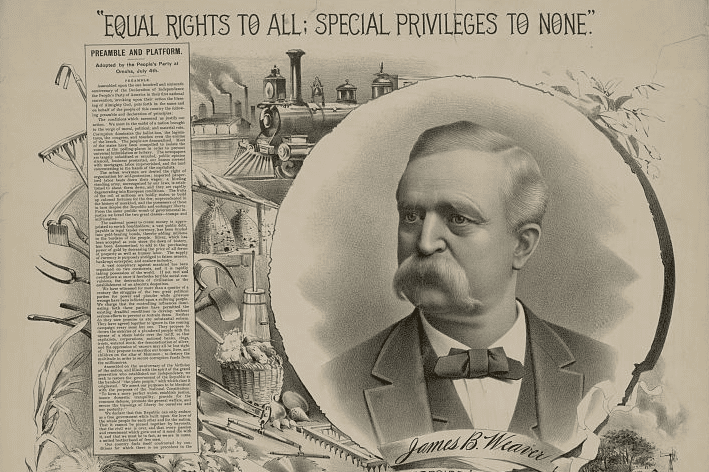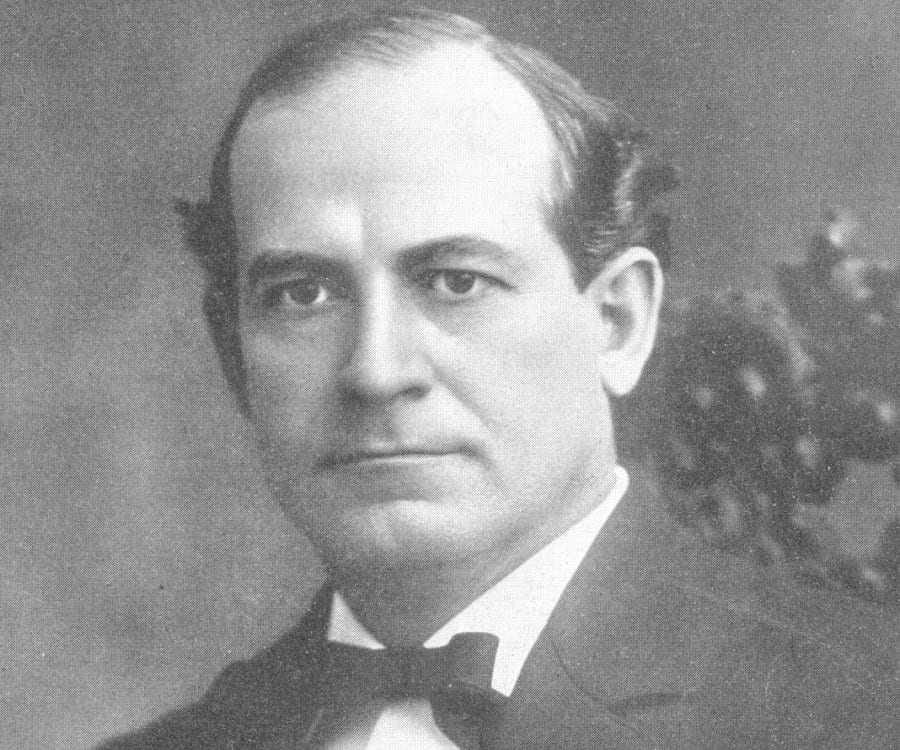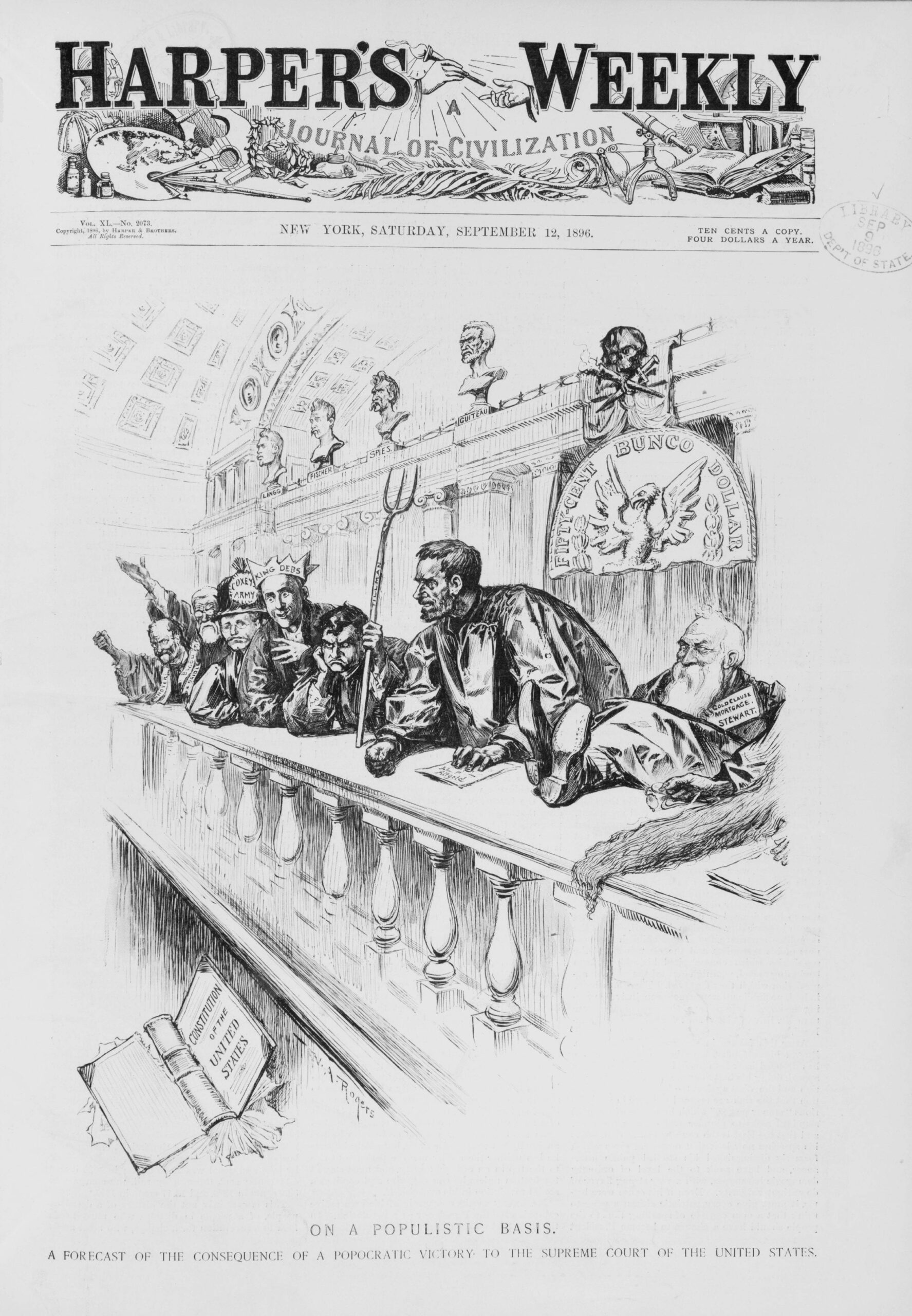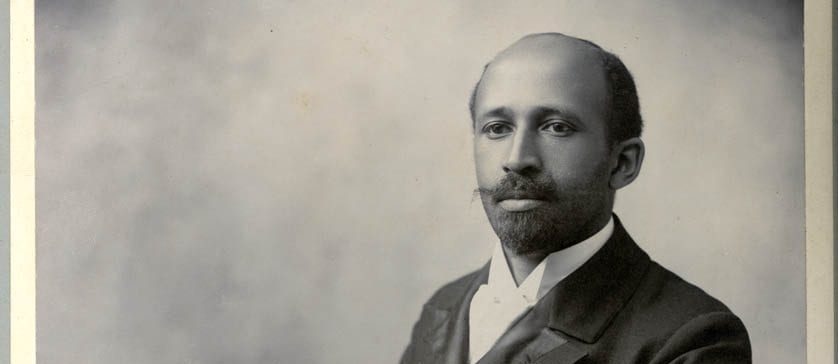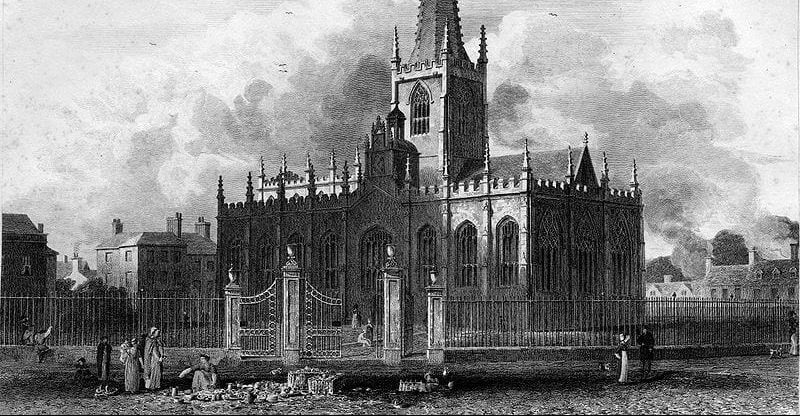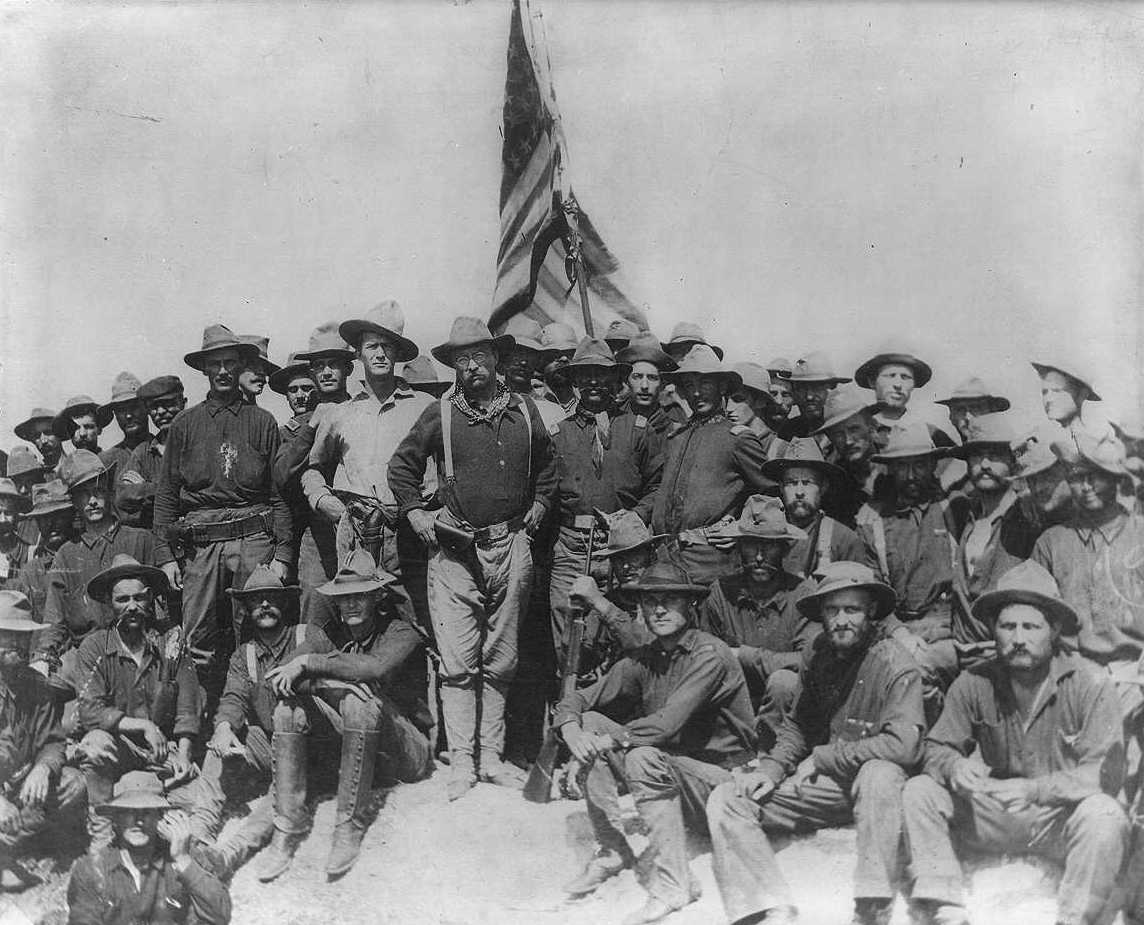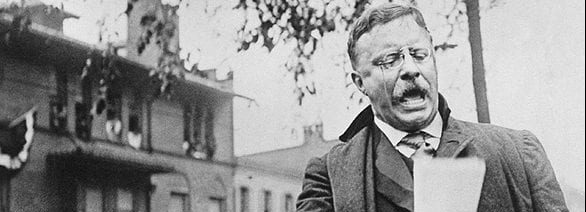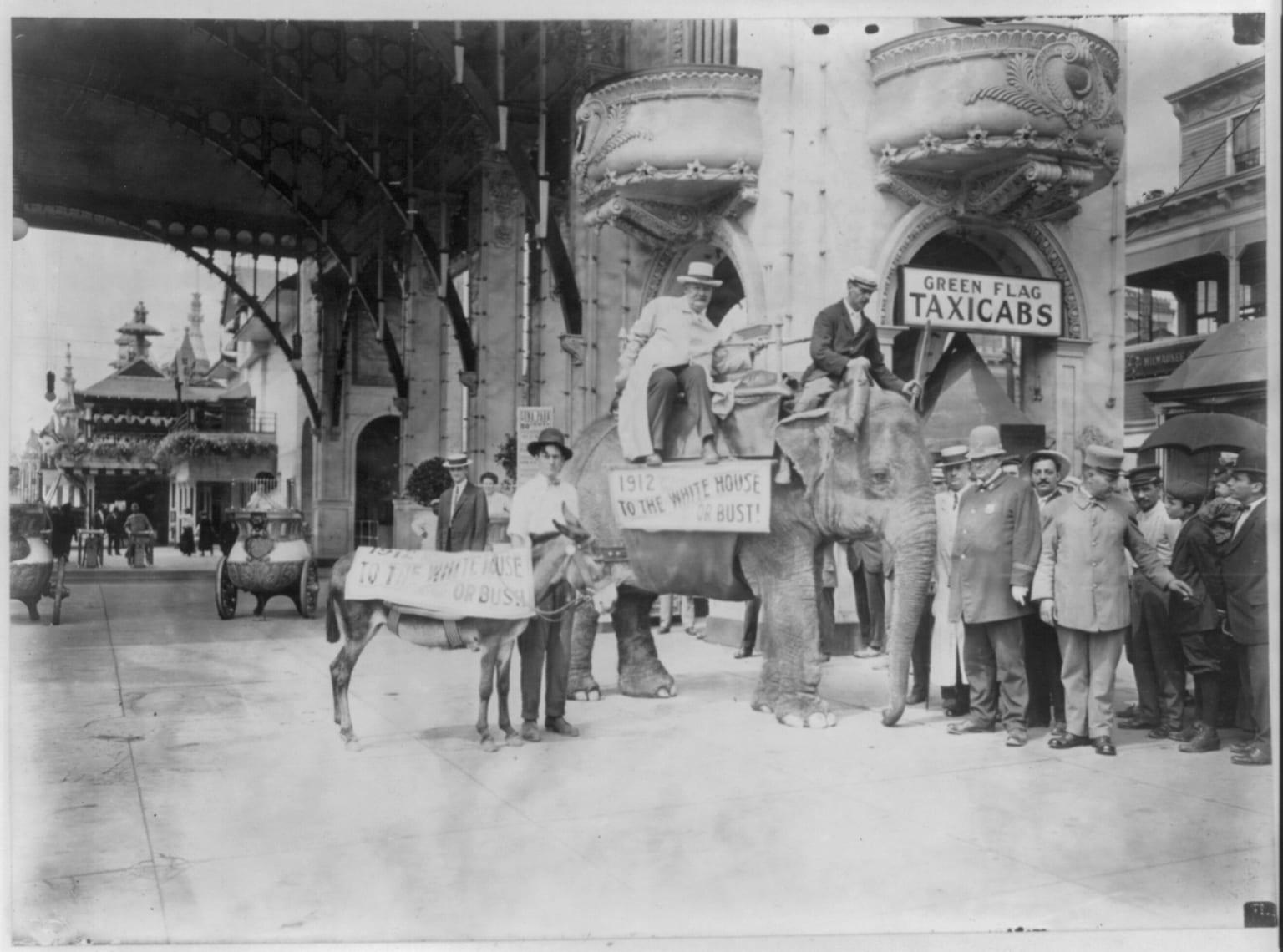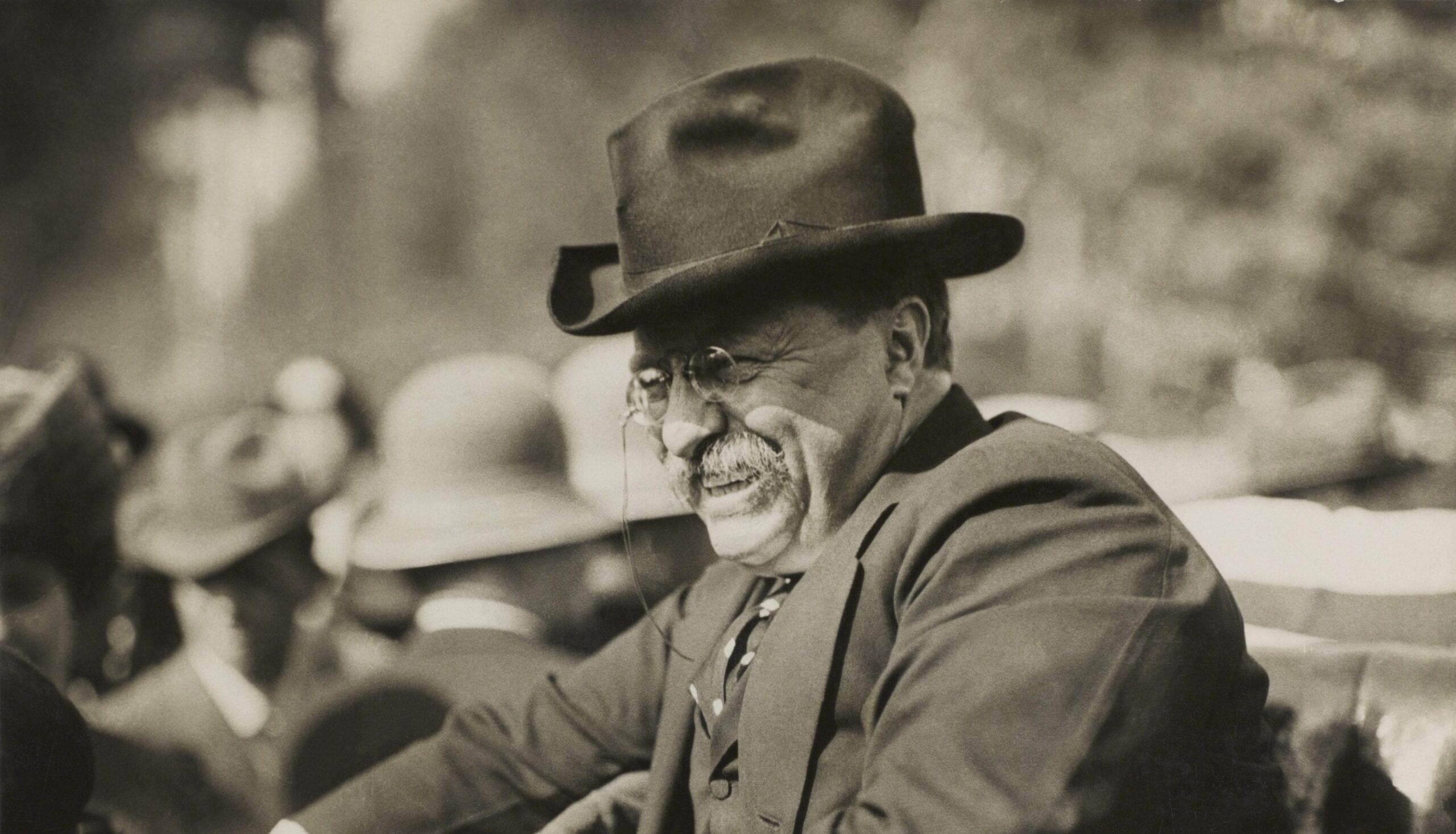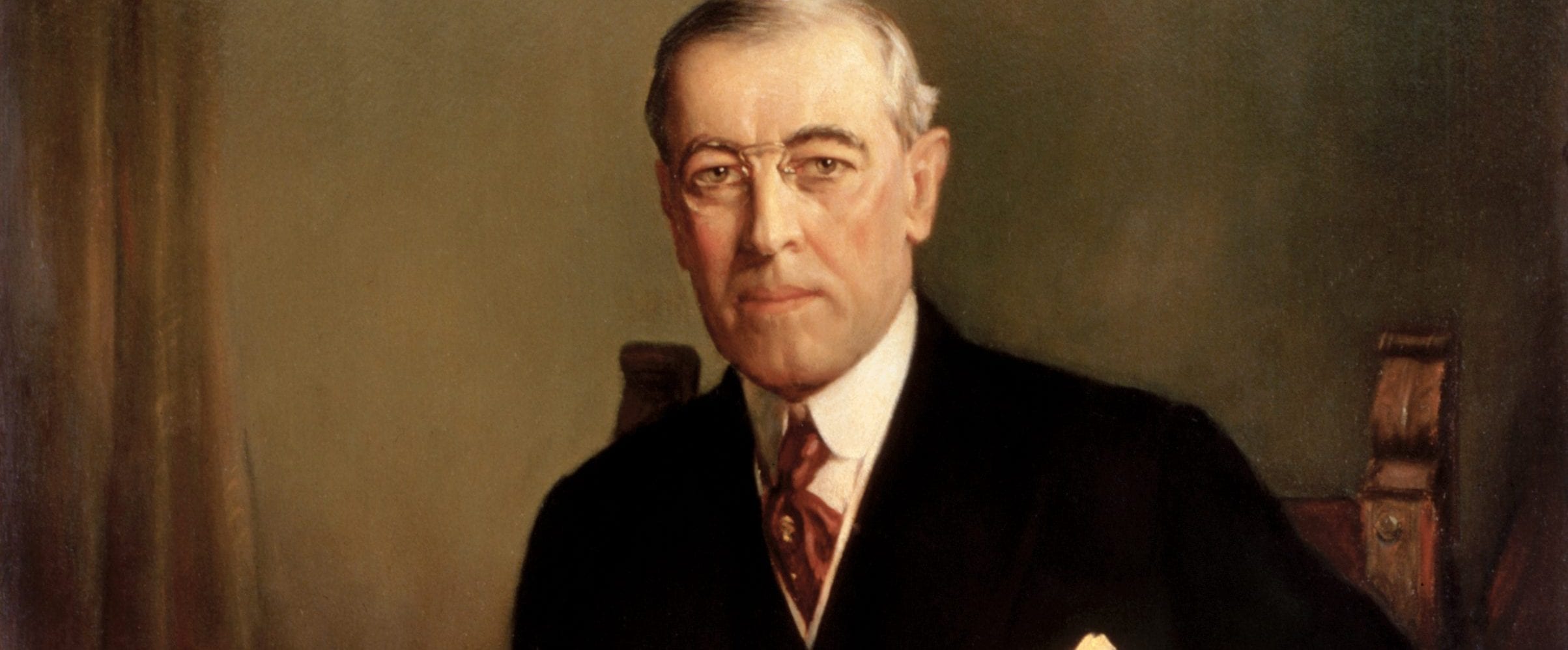
Introduction
At the Democratic National Convention in 1896, proponents of “free silver” (the re-legalization of silver as part of the nation’s monetary standards) appeared to possess the two-thirds majority needed to nominate a candidate. Unfortunately, they did not have a candidate. There was no doubt the platform would endorse the unlimited coinage of silver, but a candidate was needed who could sell the position to the American people. On the night of July 8, William Jennings Bryan revealed himself as the candidate the silverites were looking for by delivering one of the most famous speeches in American history. At the time, Bryan was a former member of Congress from Nebraska who had been working tirelessly to build support for his candidacy. His passionate speech electrified the crowd and convinced the members of the convention to nominate him as their candidate on the fifth ballot. Bryan then ran a whistle-stop campaign (a train tour bringing his message to the people), traveling around the country giving hundreds of speeches before finally losing to Republican William McKinley.
Source: Official Proceedings of the Democratic National Convention Held in Chicago, Illinois, July 7–11, 1896 (Logansport, Ind., 1896), pp. 226–234.
Mr. BRYAN: Mr. Chairman and Gentleman of the Convention: I would be presumptuous, indeed, to present myself against the distinguished gentlemen to whom you have listened if this were but a measuring of ability; but this is not a contest among persons. “The humblest citizen in all the land, when clad in armor of a righteous cause, is stronger than all the whole hosts of error that they can bring.” I come to speak to you in defense of a cause as holy as the cause of liberty—the cause of humanity. When this debate is concluded a motion will be made to lay upon the table the resolution offered in commendation of the administration and also the resolution in condemnation of the Administration. I shall object to bringing this question down to a level of persons. The individual is but an atom; he is born, he acts, he dies but principles are eternal; and this has been a contest of principle.
Never before in the history of this country has there been witnessed such a contest as that through which we have passed. Never before in the history of American politics has a great issue been fought out, as this issue has been, by the voters themselves.
On the 4th of March, 1895, a few Democrats, most of them members of Congress, issued an address to the Democrats of the nation asserting that the money question was the paramount issue of the hour; asserting also the right of a majority of the Democratic party to control the position of the party on this paramount issue; concluding with the request that all believers in free coinage of silver in the Democratic party should organize and take charge of and control the policy of the Democratic party. Three months later, at Memphis, an organization was perfected, and the silver Democrats went forth openly and boldly and courageously proclaiming their belief and declaring that if successful they would crystallize in a platform the declaration what they had made; and then began the conflict with a zeal approaching the zeal which inspired the crusaders who followed PETER the Hermit.[1] Our silver Democrats went forth from victory unto victory until they are assembled now, not to discuss, not to debate, but to enter up the judgment rendered by the plain people of this country.
… We come to speak for this broader class of businessmen. Ah, my friends, we say not one word against those who live upon the Atlantic coast; but those hardy pioneers who braved all the dangers of the wilderness, who have made the desert to blossom as the rose—those pioneers away out there, rearing their children near to nature’s heart, where they can mingle their voices with the voices of the birds—out there where they have erected school houses for the education of their children and churches where they praise their Creator, and the cemeteries where sleep the ashes of their dead—are as deserving of the consideration of this party as any people in this country.
It is for these that we speak. We do not come as aggressors. Our war is not a war of conquest. We are fighting in the defense of our homes, our families, and posterity. We have petitioned, and our petitions have been scorned. We have entreated and our entreaties have been disregard. We have begged, and they have mocked when our calamity came.
We beg no longer; we entreat no more; we petition no more. We defy them!
… The income tax is a just law. It simply intends to put the burdens of government justly upon the backs of the people. I am in favor of an income tax. When I find a man who is not willing to pay his share of the burden of the government which protects him I find a man who is unworthy to enjoy the blessings of a government like ours.
… Mr. JEFFERSON,[2] who was once regarded as good Democratic authority, seems to have a different opinion from the gentleman who has addressed us on the part of the minority. Those who are opposed to this proposition tell us that the issue of paper money is a function of the bank, and that the Government ought to go out of the banking business. I stand with JEFFERSON, rather than with them, and tell them, as he did, that the issue of money is a function of the Government, and that the banks should go out of the governing business.
They complain about the plank which declares against the life tenure in office. They have tried to strain it to mean that which it does not mean. What we oppose in that plank is the life tenure that is being built up in Washington which establishes an office-holding class and excludes from participation in the benefits the humbler members of our society. I cannot dwell longer in my limited time upon these things.
… Now, my friends, let me come to the great paramount issue. If they ask us here why it is we say more on the money question than we say upon the tariff question, I reply that if protection has slain its thousands the gold standard has slain its tens of thousands. If they ask us why we did not embody all these things in our platform which we believe, we reply to them that when we have restored the money of the constitution all other necessary reforms will be possible, and that until that is done there is no reforms will be possible, and that until that is done there is no reform that can be accomplished.
… Why this change? Ah, my friends, is not the change evident to anyone who will look at the matter? It is because no private character, however pure, no personal popularity, however great, can protect from the avenging wrath of an indignant people the man who will either declare that he is in favor of fastening the gold standard upon this people, or who is willing to surrender the right of self-government and place legislative control in the hands of foreign potentates and powers.
We go forth confident that we shall win. Why? Because upon the paramount issue in this campaign there is not a spot of ground upon which the enemy will dare to challenge battle. Why, if they tell us that the gold standard is a good thing, we point to their platform and tell them that their platform pledges the party to get rid of a gold standard, and substitute bimetallism. If the gold standard is a good thing why try to get rid of it? If the gold standard, and I might call your attention to the fact that some of the very people who are in this convention to-day and who tell you that we ought to declare in favor of international bimetallism and thereby declare that the gold standard is wrong, and that the principles of bimetallism are better—these very people four months ago were open and avowed advocates of the gold standard and telling us that we could not legislate two metals together even with all the world.
I want to suggest this truth, that if the gold standard is a good thing we ought to declare in favor its retention and not in favor of abandoning it; and if the gold standard is a bad thing why should we wait until some other nations are willing to help us to let it go?
Here is the line of battle. We care not upon which issue they force the fight. We are prepared to meet them on either issue or on both. If they tell us that the gold standard is the standard of civilization we reply to them that this, the most enlightened of all nations of the earth, has never declared for a gold standard, and both the parties this year are declaring against it. If the gold standard is the standard of civilization, why, my friends, should we not have it? So if they come to meet us on that we can present the history of our nation. More than that. We can tell them this, that they will search the pages of history in vain to find a single instance in which the common people of any land ever declared themselves in favor of a gold standard. They can find where the holders of fixed investments have.
… There are two ideas of government. There are those who believe that if you just legislate to make the well-to-do prosperous that their prosperity will leak through on those below. The Democratic idea has been that if you legislate to make the masses prosperous their prosperity will find its way up and through every class that rests upon it.
You come to use and tell us that the great cities are in favor of the gold standard. I tell you that the great cities rest upon these broad and fertile prairies. Burn down your cities and leave our farms, and your cities will spring up again as if by magic. But destroy our farms and the grass will grow in the streets of every city in this country.
My friends, we shall declare that this nation is able to legislate for its own people on every question, without waiting for the aid or consent of any other nation on earth, and upon that issue we expect to carry every single State in this Union.
… If they dare to come out and in the open defend the gold standard as a good thing, we shall fight them to the uttermost, having behind us the producing masses of the Nation and the world. Having behind us the commercial interests and the laboring interests and all the toiling masses, we shall answer their demands for a gold standard by saying to them, you shall not press down upon the brow of labor this crown of thorns. You shall not crucify mankind upon a cross of gold.
The “Cross of Gold” Address
July 09, 1896
Conversation-based seminars for collegial PD, one-day and multi-day seminars, graduate credit seminars (MA degree), online and in-person.



